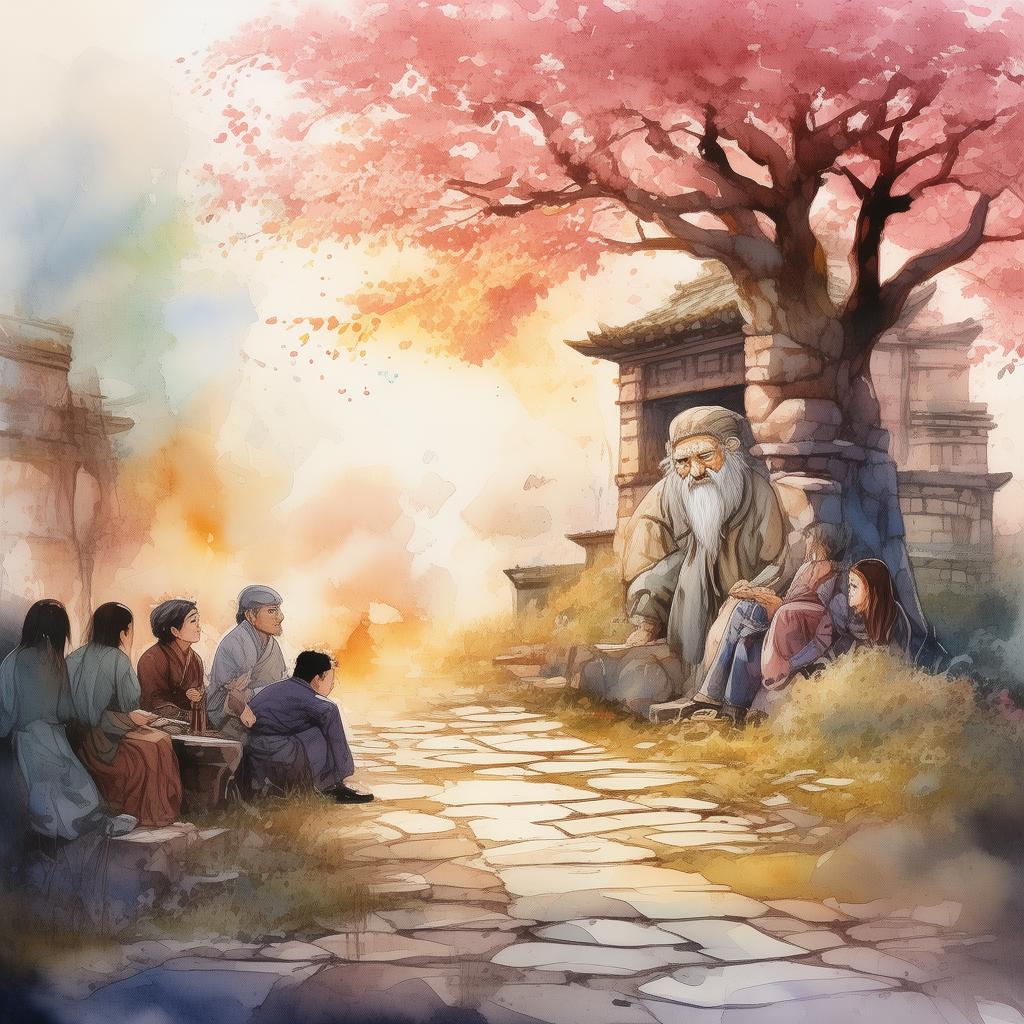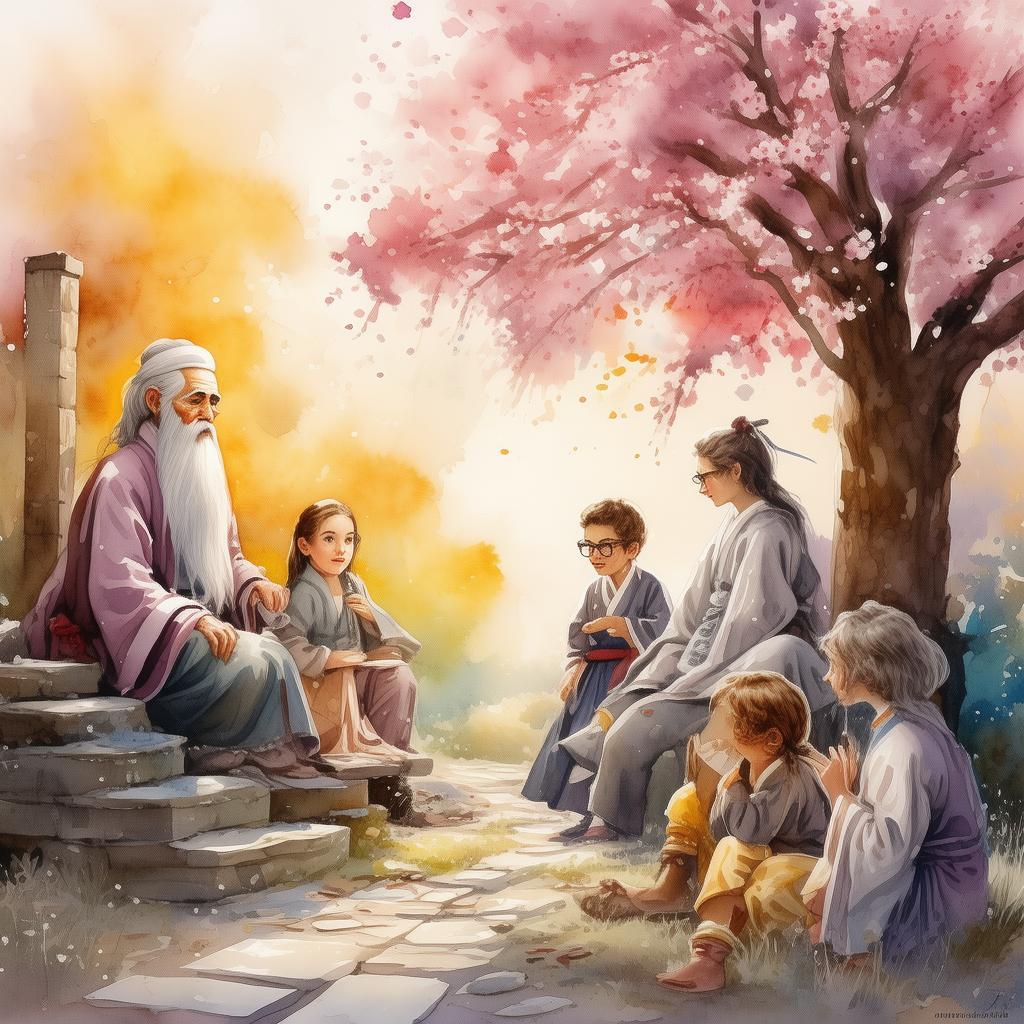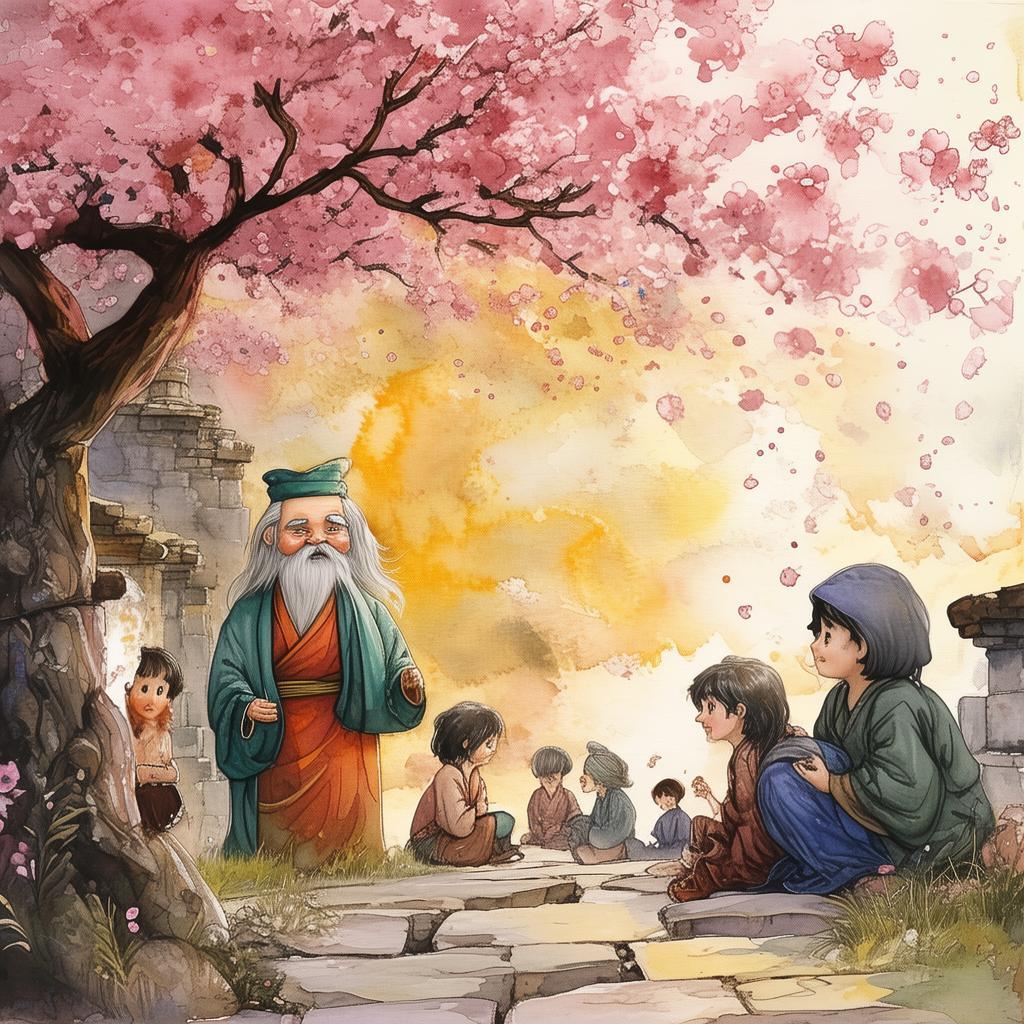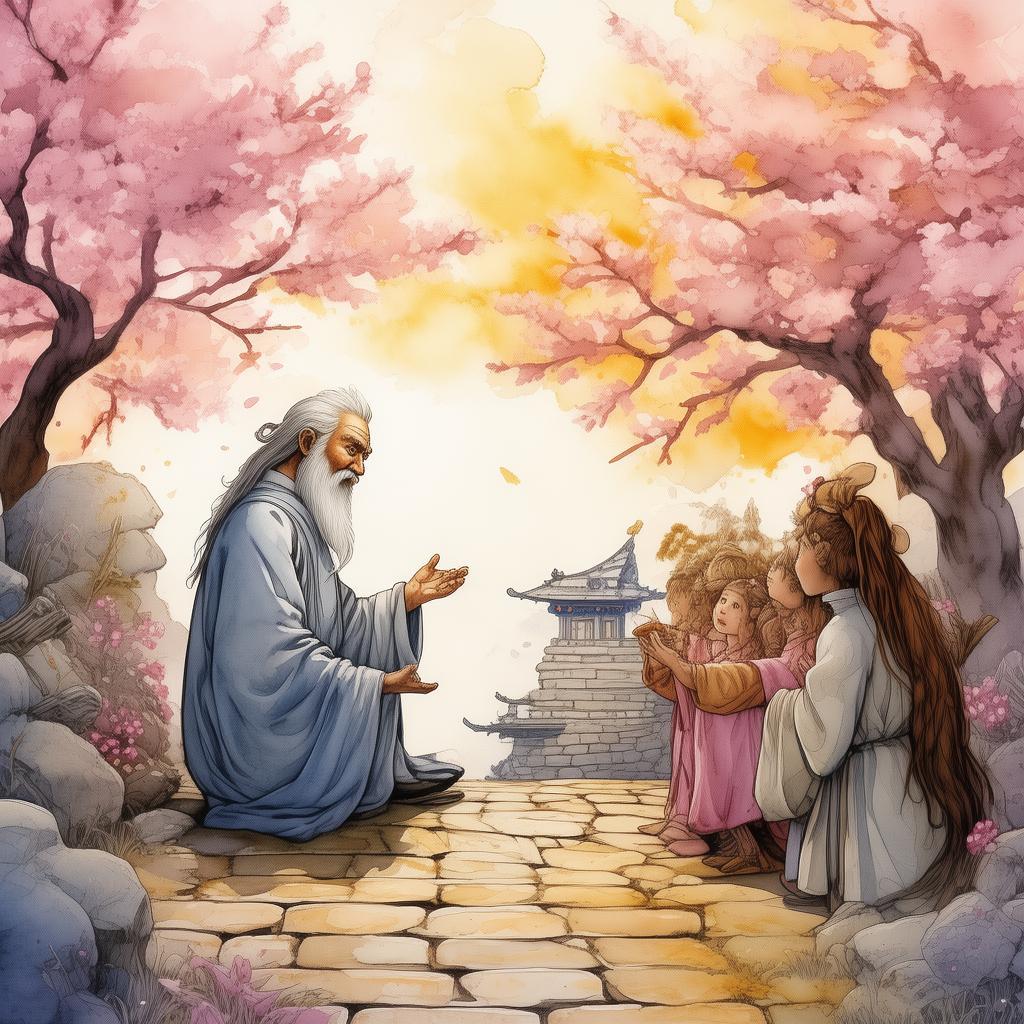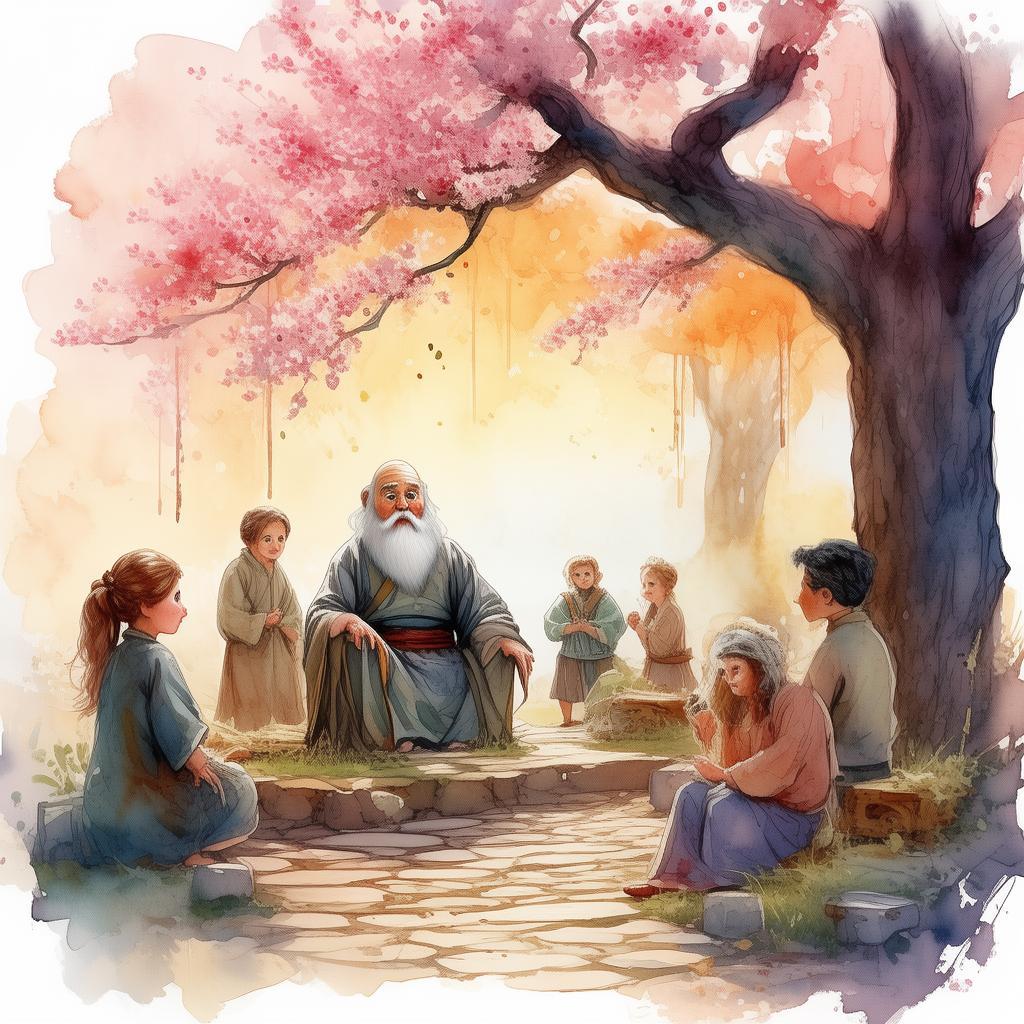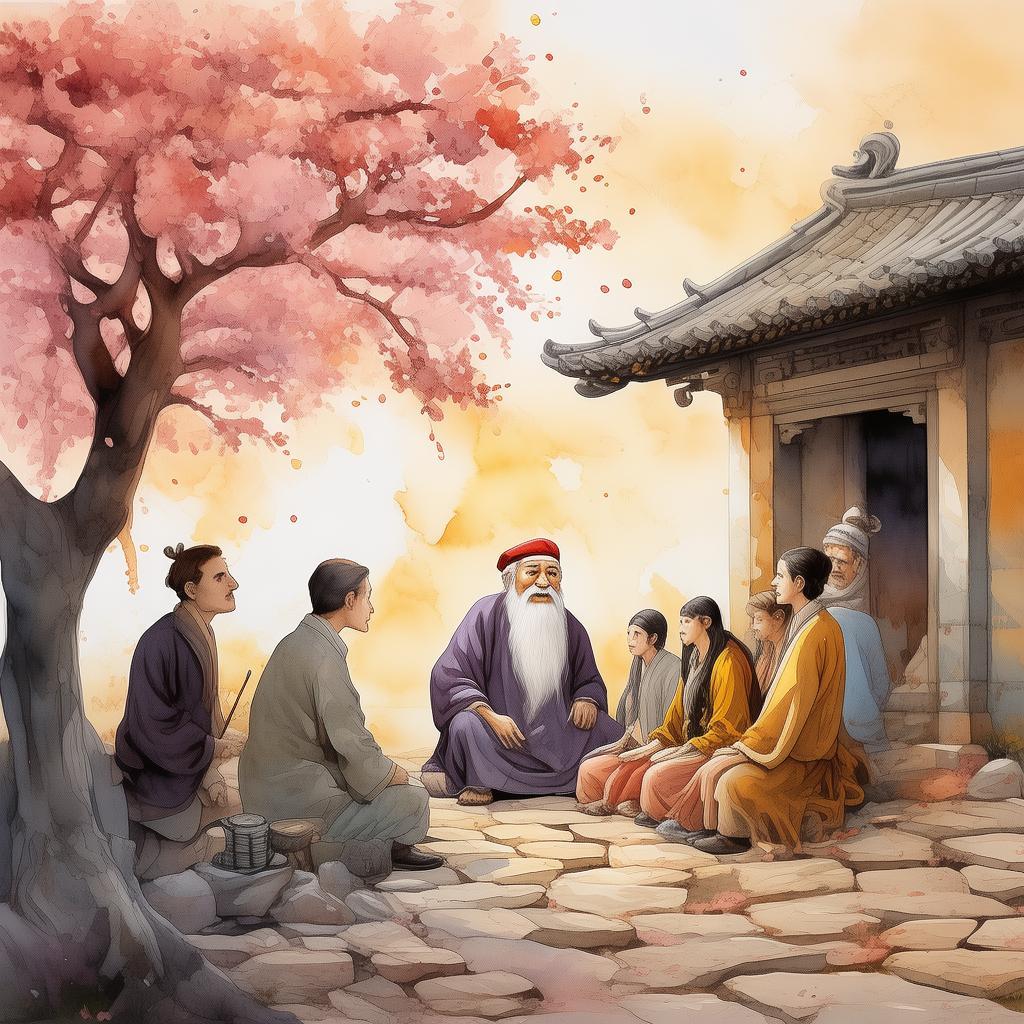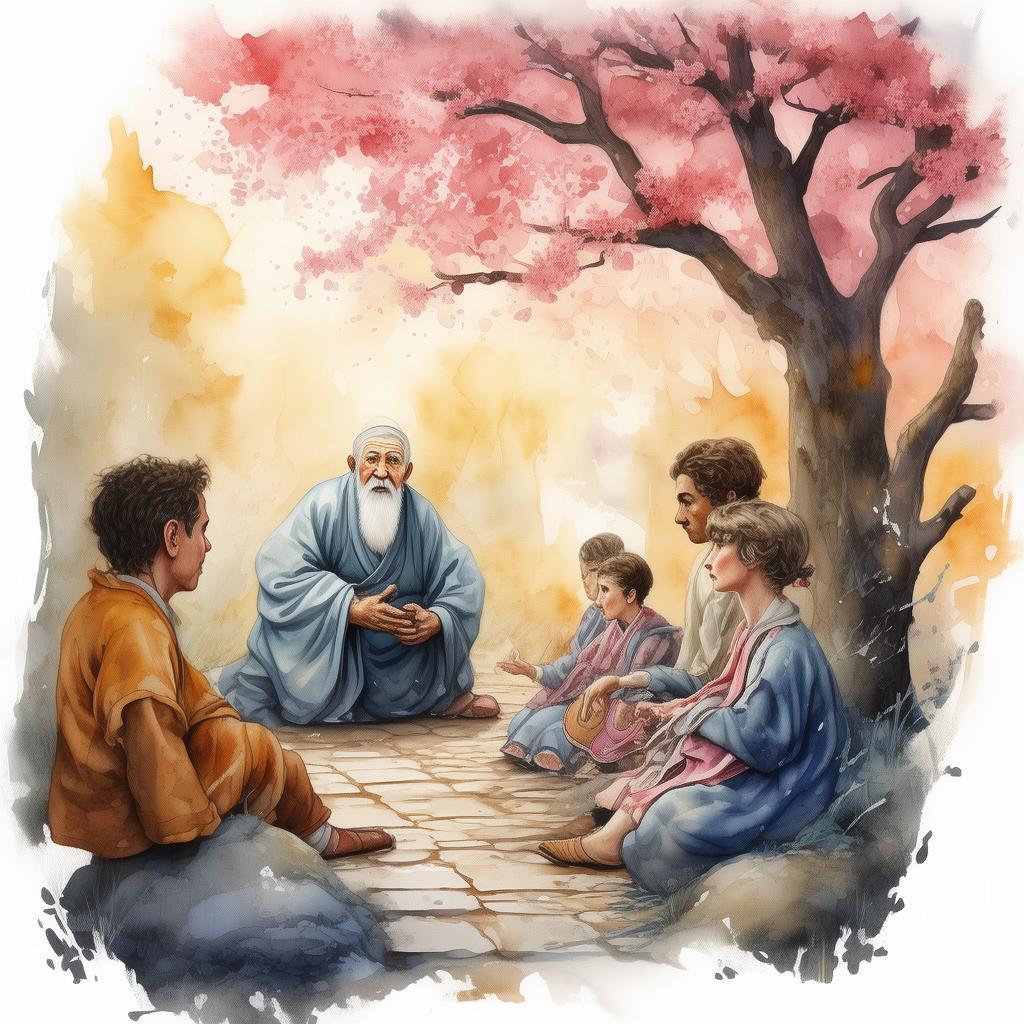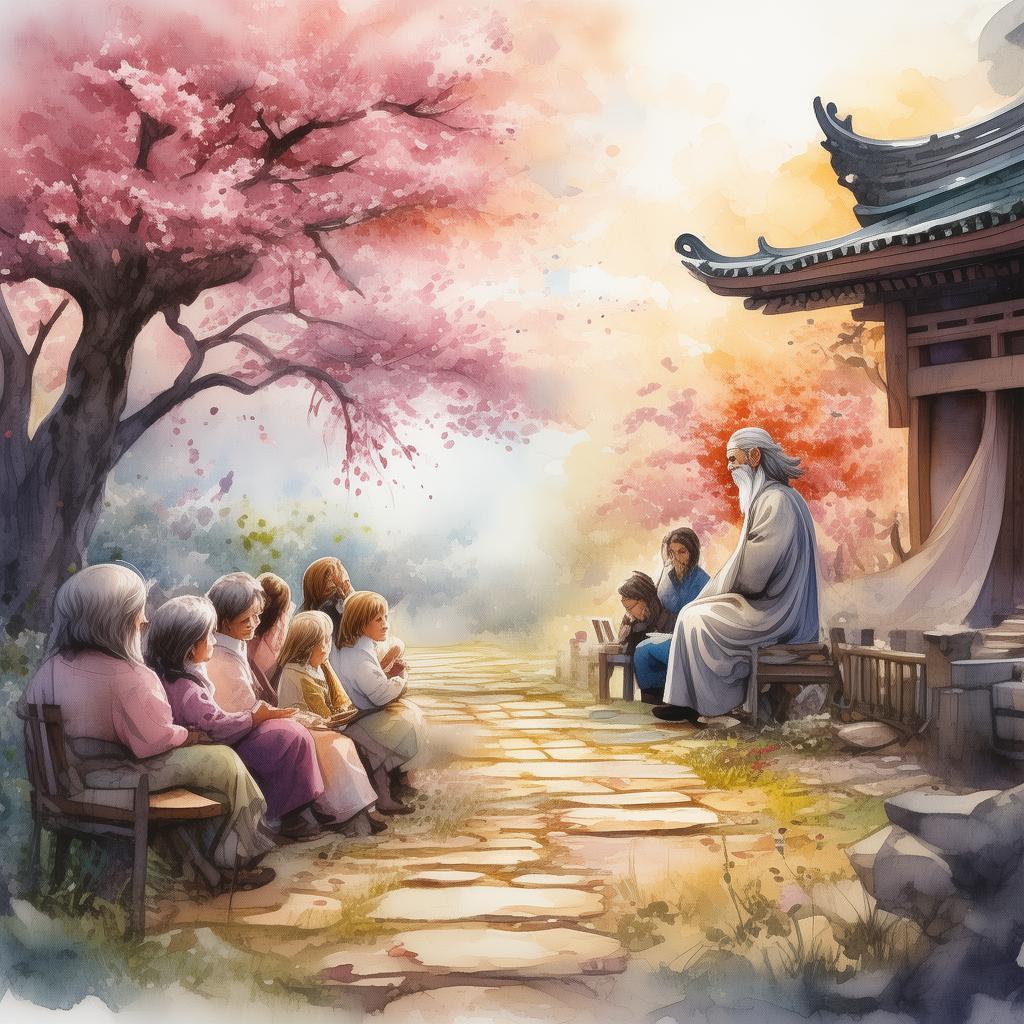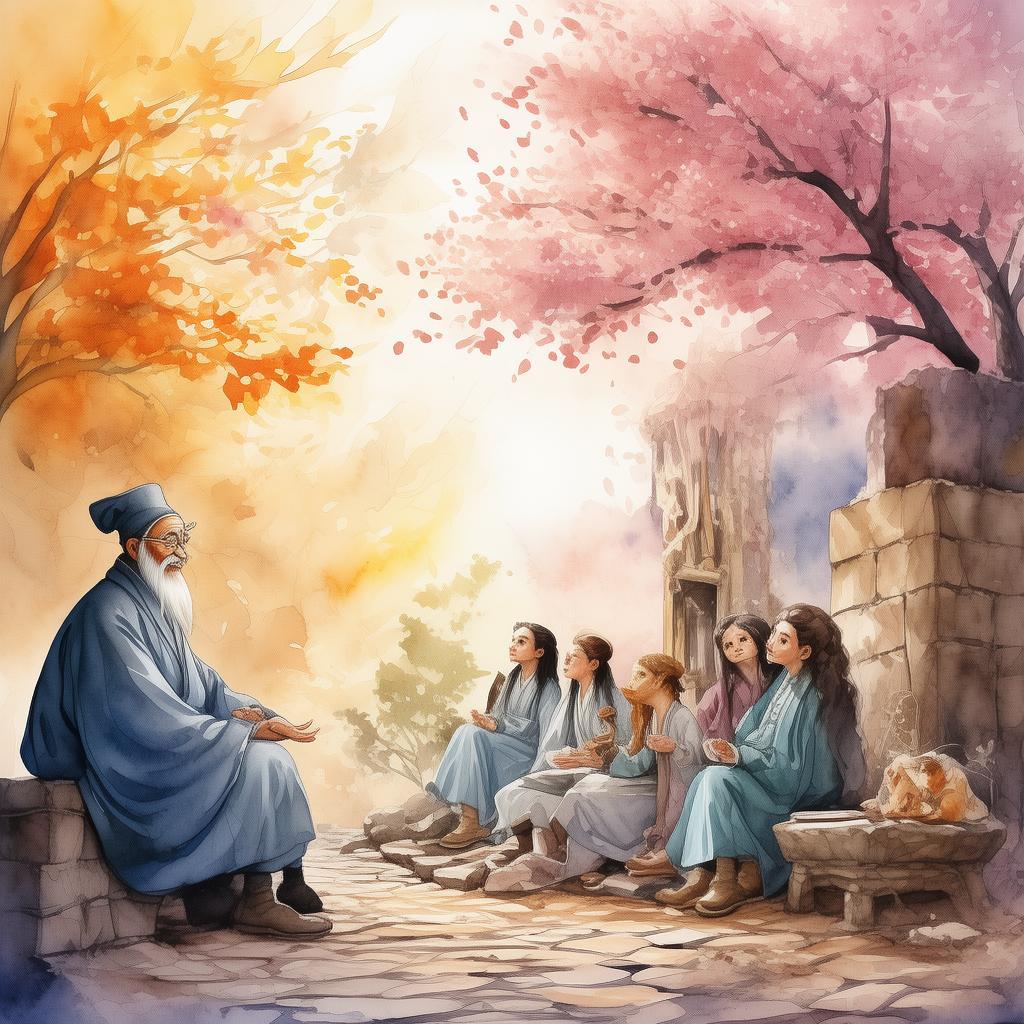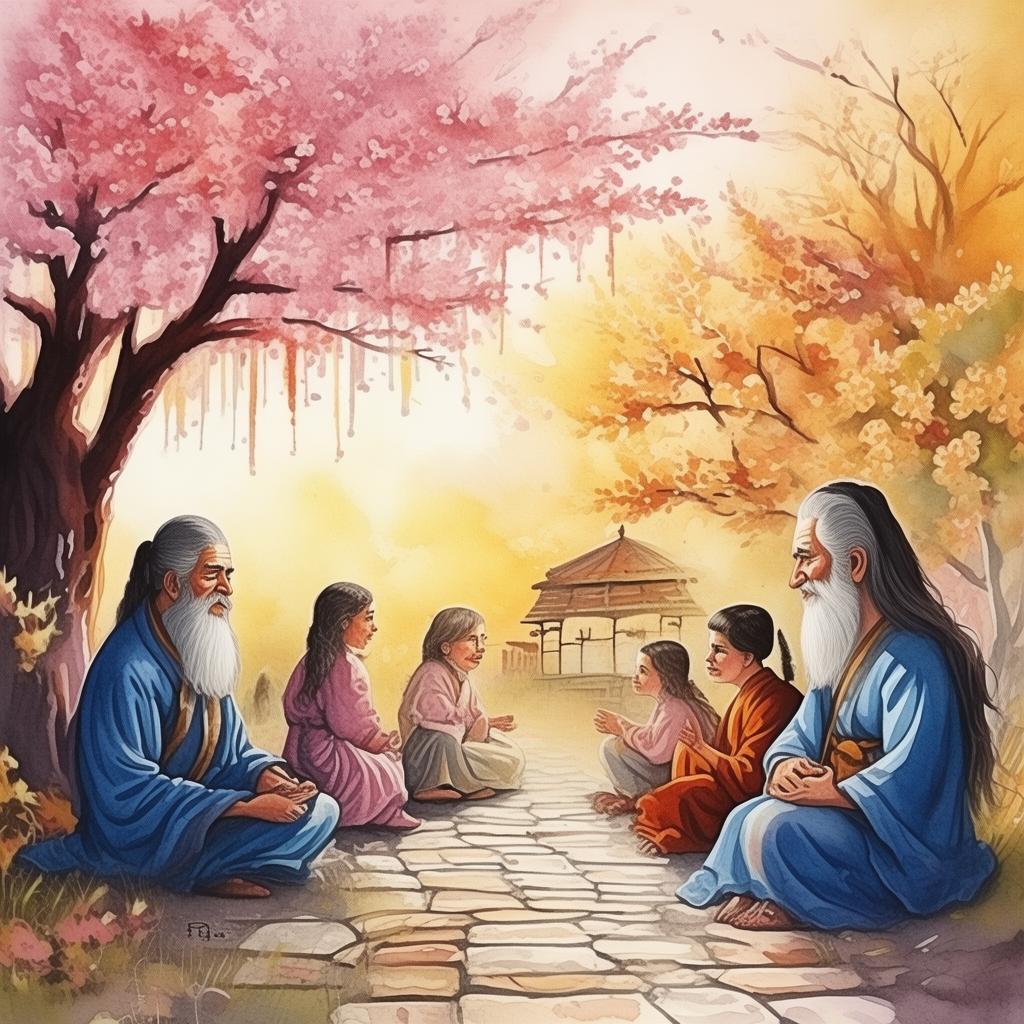Paradise Lost: The Quest for a Utopian Home
In the bustling metropolis of Changchun, China, there was a group of dreamers, each with a vision of a perfect society. They called their project "Eden," inspired by the mythical Garden of Eden, a place where humans lived in harmony with nature and each other. The group was diverse, ranging from a young architect with a vision for sustainable living to an elderly philosopher who believed in the power of community.
The architect, Li Wei, had spent years designing a utopian community that would blend modern technology with nature. He envisioned homes that were energy-efficient, with green roofs and vertical gardens that would provide fresh food for all residents. The philosopher, Zhang San, was the heart of the community, his wisdom guiding the group through the challenges of creating a society where everyone's needs were met.
The first step was to find a suitable location. They scouted the outskirts of Changchun, looking for a place untouched by urban sprawl. After much searching, they found a serene valley surrounded by lush forests and a crystal-clear river. It was here, amidst the natural beauty, that they decided to build their paradise.
The construction began with fervor. Li Wei's designs were brought to life, and the community started to take shape. The homes were built with eco-friendly materials, and the communal areas were designed to encourage interaction. The residents were encouraged to participate in decision-making processes, ensuring that their voices were heard.
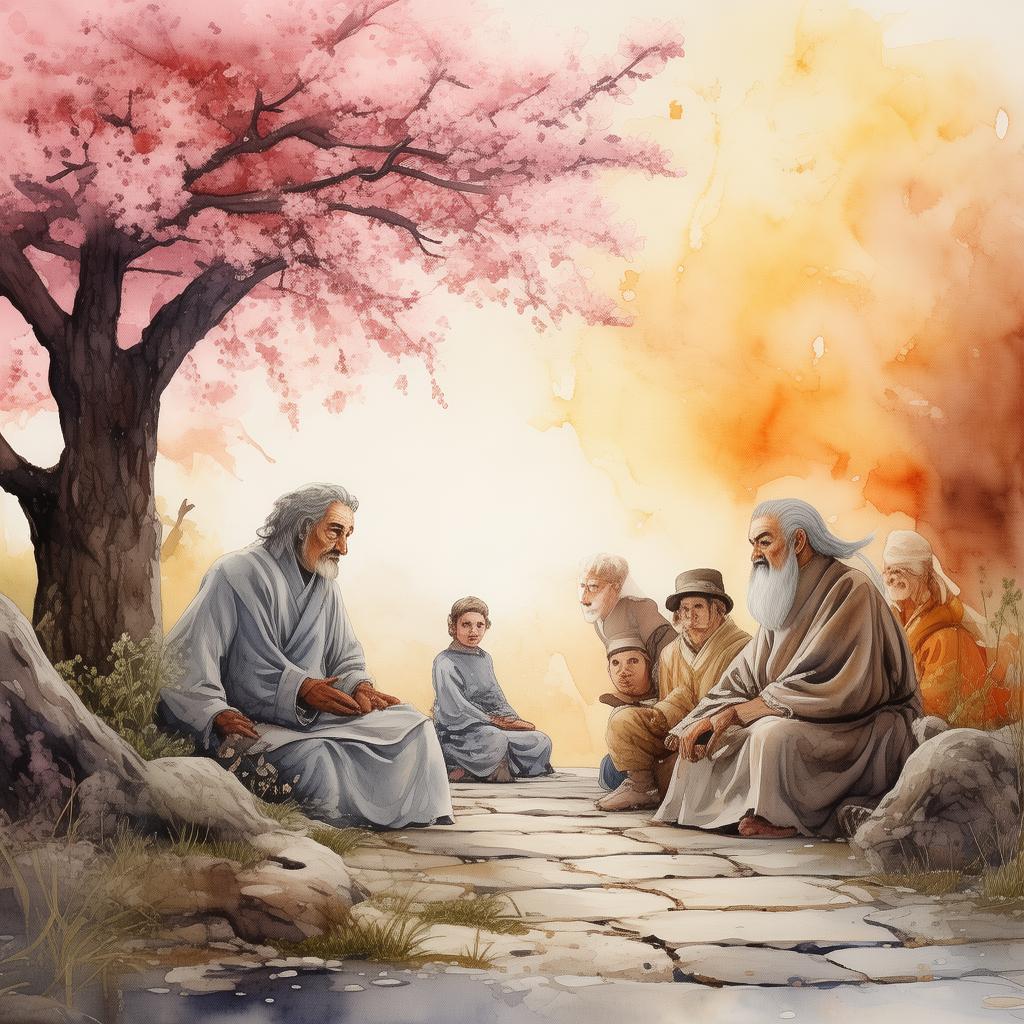
As the community grew, so did the challenges. The philosopher, Zhang San, noticed that the harmony they had initially achieved was starting to wane. The architect, Li Wei, was consumed by his work, often neglecting the social aspects of the community. The other residents began to feel isolated, their individual needs overshadowed by the grand vision.
One day, a young woman named Mei came to the community. She was a teacher, and she brought with her a group of children from the city. Mei believed that education was the key to a better world, and she wanted to create a school within the community. Her arrival sparked a heated debate among the residents. Some saw it as a valuable addition to their paradise, while others feared that it would disrupt the harmony they had worked so hard to achieve.
The conflict escalated when a disagreement over the use of communal resources led to a rift between Li Wei and Zhang San. Li Wei, feeling threatened by Mei's influence, began to push for a more authoritarian structure within the community. Zhang San, on the other hand, argued that the essence of their paradise was the collective decision-making process.
The tension reached a boiling point when a natural disaster struck the valley. A severe drought threatened the survival of the community. Li Wei, now in control, decided to ration the water supply, prioritizing the needs of the homes he had built. Zhang San, along with a group of residents, opposed this decision, arguing that the water should be shared equally.
The community was divided. Some followed Li Wei, believing that he was the only one who could save them. Others, including Mei and the children, remained loyal to Zhang San and the communal spirit. The two factions clashed, leading to a series of confrontations that threatened to tear the community apart.
In the midst of the chaos, Mei realized that the paradise they had built was no longer the place of harmony they had envisioned. It had become a place of conflict and division. She decided to leave, taking the children with her. As she walked away, she whispered to Zhang San, "We have lost our paradise, but we can still find a way to create a new one."
Zhang San nodded, understanding the gravity of the situation. He knew that the paradise they had lost was not just a physical place, but a state of mind. He gathered the remaining residents and proposed a new plan. They would rebuild their community, but this time, they would focus on the values that had brought them together in the first place: respect, cooperation, and shared responsibility.
The community began to heal. They worked together to find solutions to the drought, sharing resources and supporting each other. They learned from their mistakes and grew stronger as a community. Although they had lost their paradise, they had gained something far more valuable: a deeper understanding of themselves and their connection to one another.
In the end, the community of Eden was reborn, not as a perfect utopia, but as a place where individuals could learn from their past and work together towards a future filled with hope and possibility. The Garden of Eden, once a place of paradise and paradox, had become a symbol of resilience and the enduring human spirit.
✨ Original Statement ✨
All articles published on this website (including but not limited to text, images, videos, and other content) are original or authorized for reposting and are protected by relevant laws. Without the explicit written permission of this website, no individual or organization may copy, modify, repost, or use the content for commercial purposes.
If you need to quote or cooperate, please contact this site for authorization. We reserve the right to pursue legal responsibility for any unauthorized use.
Hereby declared.
